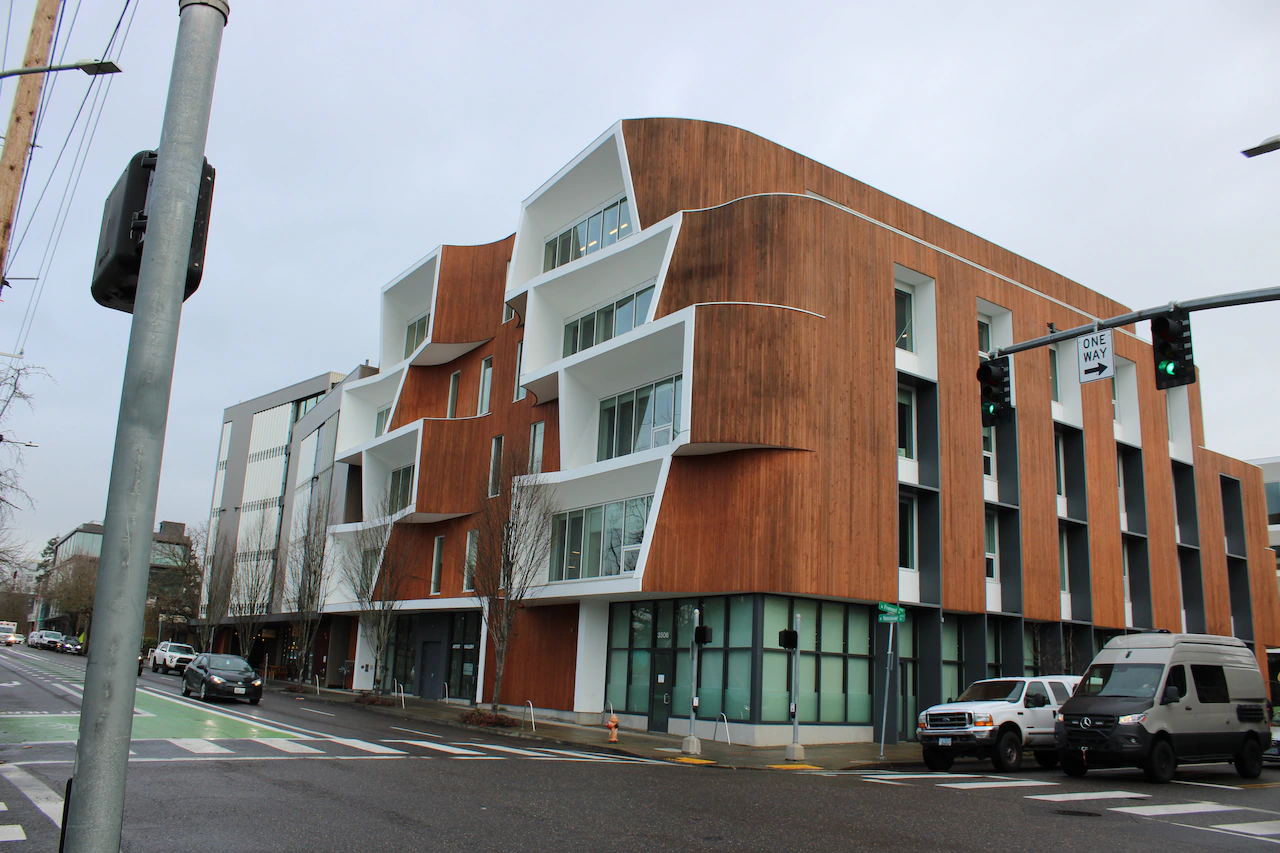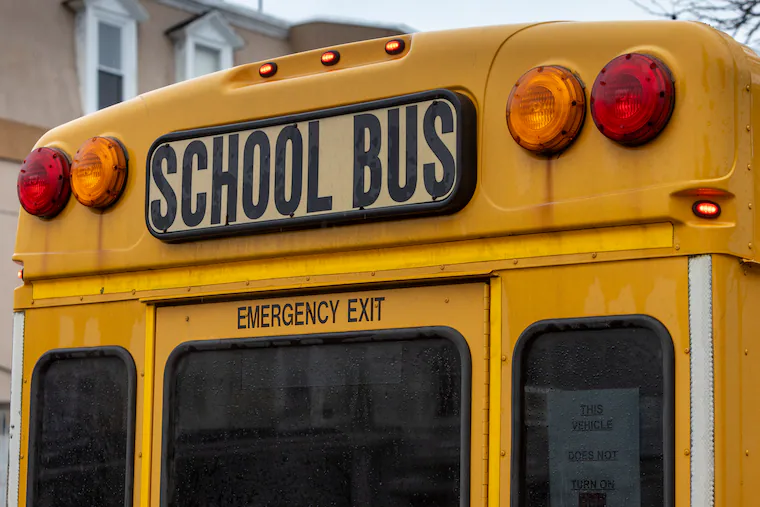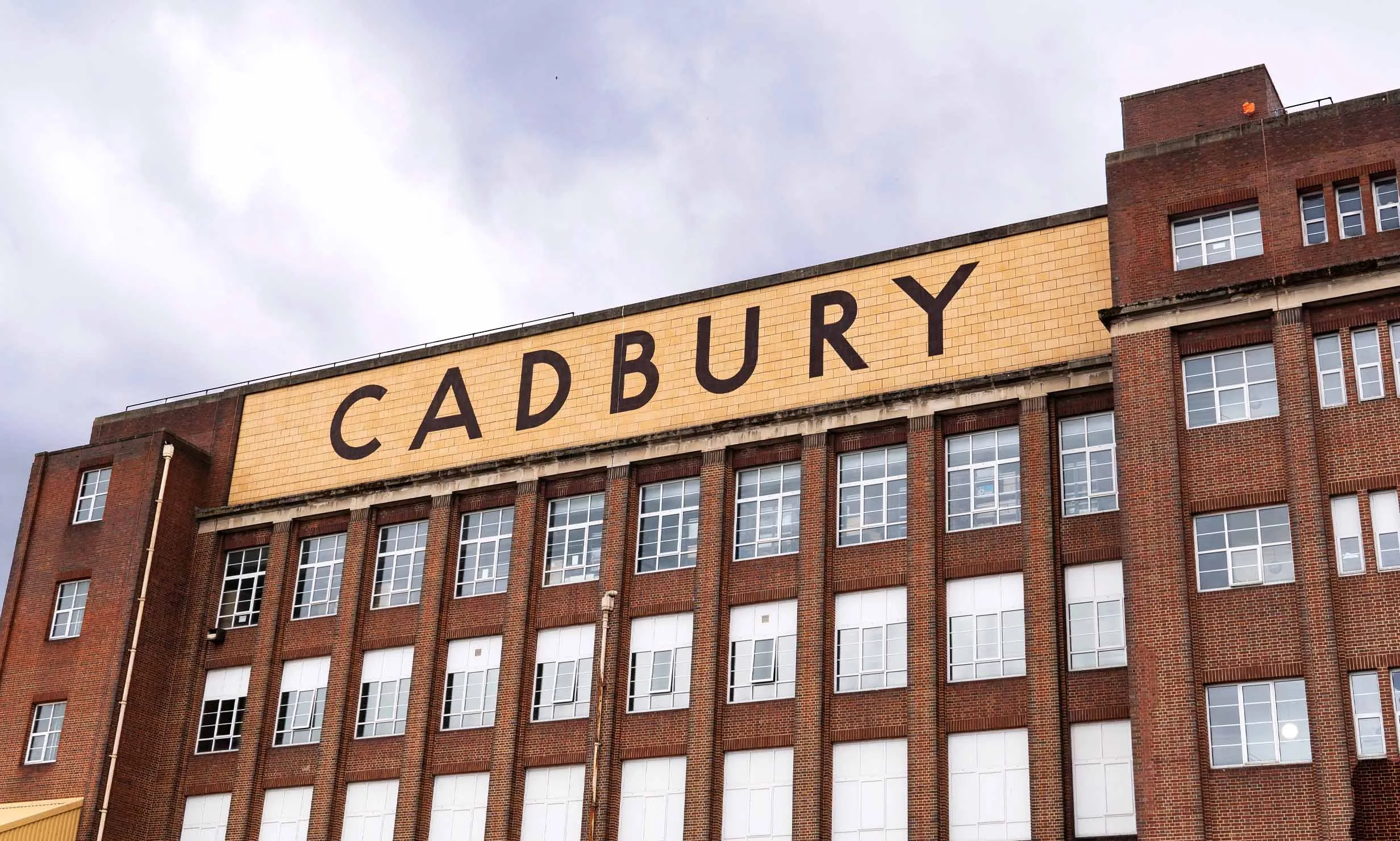Copyright The Oregonian

Portland Public Schools’ plans to acquire a glossy, buzzy office space on North Williams Avenue to anchor its long-overdue Center for Black Student Excellence appear to have hit a speedbump. District leaders had hoped that the 72-000 square foot property would be turnkey and ready for near-immediate use once a deal closed. Instead, a new due diligence investigation says the buildings won’t be fully ready for student use for up to three years, thanks to permitting and construction needs, including seismic upgrades. In September, school board members authorized spending $16 million to purchase the distinctive, mass timber-wrapped One North development, two buildings at 25 N. Fremont St and 3505 N. Williams Ave. The school board plans a final vote as soon as next month, after school board members decide whether the findings show that purchasing the development is the correct fit for the district’s needs The results of the new investigations determined that the 10-year-old buildings will require significant seismic work to bring it up to code for use as an educational setting, along with upgrades to its heating, ventilation and air conditioning system and other improvements. It was not immediately clear how much it might cost the district to do seismic and HVAC work at One North beyond the agreed-upon purchase price. In its agreement with the sellers, Portland Public Schools agreed to assume all liability for building upgrades and purchase the buildings in their current condition. Portland voters approved up to $60 million for the project as part of a 2020 bond measure. Seismic and HVAC needs are significant districtwide. The cost to seismically retrofit all of Portland’s aging school buildings, where children, their teachers and support staff spend at least six hours a day, is estimated at around $900 million. And some or all Portland Public Schools campuses have periodically closed amid heat waves and ice storms; the district’s teachers also repeatedly raised issues about classrooms that were too hot or cold during their November 2023 strike. The report also found that the perpetually budget-strapped school district will need to find at least $271,000 per year to maintain One North, funding that cannot be paid for by bond money. District officials envision the buildings to be primarily populated by community-based organizations that specialize in services for Black students and their families, who would likely pay below-market rent, the due diligence investigations says. Students would typically use the buildings for after-school enrichment programming, summer school and camps or during the weekends and evenings. It is possible that the district could find more commercial tenants to occupy space in the buildings to generate revenue, the report notes, though greater Portland’s commercial space vacancy rate is currently at record highs and it would be responsible for property tax payments on those parts of the buildings. The district is a landlord to educational tenants, like charter schools or county programs that rent space in its vacant school buildings, but its experience as a commercial landlord is more limited. The buildings, owned by businesses linked to winery owner Eric Lemelson, is currently home to a lunch restaurant, an advertising agency and an urgent care clinic that is set to close soon. One North is located within about two miles of schools that serve about 20% of Black students who attend Portland Public Schools, including Jefferson High School, Harriet Tubman Middle School, King and Boise-Eliot/Humboldt elementary schools and the Kairos charter school. There is very limited parking on site nor is there much space for school buses to maneuver through pick-up and drop-off, though due diligence investigators suggested that the district could pay for parking access at a neighboring church. Reaching the buildings by public transportation and walking from other schools in the city that serve higher percentages of Black students could be time-consuming. It would take about 35 to 45 minutes via bus from Roosevelt High School in North Portland, for instance, about 45 minutes from McDaniel High School in Northeast Portland and Markham Elementary School in Southwest Portland, and an hour from Franklin High School in Southeast Portland. Many members of the school board, including Board Chair Eddie Wang and Vice Chair Michelle DePass, have made their support for One North abundantly clear in previous public meetings. And a who’s who of the Black community in Portland have thrown their strong support to the project, urging the school board to move quickly to fulfill a commitment to a community that has been historically marginalized by the district. Speaking to board members in September, Aryn Frazier, the director of the Center for Black Excellence, a nonprofit formed to guide the district as it planned for the new space, said they were not just years late to take action, but decades. “The district (has) abdicated its responsibility to educate black children in a way that leaves them well and whole, ready to be lifelong learners, leaders, and innovators prepared to shape the world rather than be subjected to it,” Frazier said in September as she urged board members to approve the conditional purchase-sale agreement. “You will not find a better property in a better location on a better timeline for a better price anywhere in the district,” Frazier added. One influential detractor of the One North proposal is Portland Association of Teachers President Angela Bonilla, who has said she is wholeheartedly supportive of programming for Black students, but that it should be housed in existing school buildings. On Monday, after reviewing the due diligence materials, Bonilla did not mince words. The board was ignoring years of painstaking community engagement about what students, families and educators said they wanted the Center for Black Student Excellence to be, she argued, and it appears the buildings would be more for community nonprofits than students. “I don’t want PPS to repeat the same mistakes year after year: Rushing to maintain a veneer of racial justice while blatantly ignoring the actual needs of our Black students and families,” she wrote in an email to The Oregonian/OregonLive. “Black students don’t need a new building, far from their schools, with no school bus access. They need more opportunities at their sites, more mental health support, more educators and staff that look like them.” School district leaders have said they do not want to co-locate the Center for Black Student Excellence at a school because they want it to be accessible to the entire district and not be identified as belonging to a single campus. The original school board resolution on the topic says the center is to be “an initiative that focuses on a group of community schools by supporting optimal teaching and learning environments.” Another outstanding question about the project is whether it is likely to draw the ire and a challenge from the Trump administration, or from groups taking aim at similar programs across the country. Superintendent Kimberlee Armstrong has taken pains to point out that the facility will be available for any Portland Public Schools student to use, regardless of their background. But already, a group called Parents Defending Education has asked the U.S. Department of Education’s Office of Civil Rights to investigate the plans for the Center for Black Student Excellence. The group charged that the center’s existence would violate the 1964 Civil Rights Act, which bans discrimination on the basis of race, color or national origin at any entity that receives federal funding. Portland Public Schools receives federal dollars for special education, school nutrition and extra aid for low-income students. A spokesperson for the district said last spring that the U.S. Department of Education had not opened any investigation into the proposed center.



